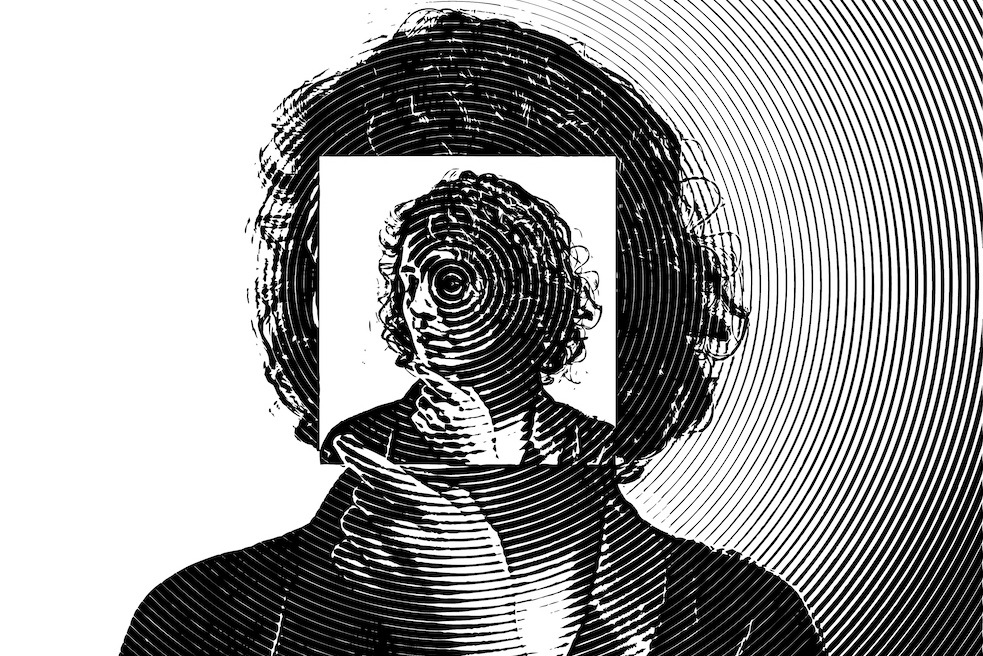Signs that you or someone close to you may be in a (potentially) abusive relationship
Nives BokorNovember 21, 2025


November 21, 2025
About ten years ago, a friend of mine was in a relationship with a guy she had, to put it mildly, completely fallen head over heels for. Tall, striking, smiling, laid-back, with a bit of a Robert Pattinson vibe. At first glance, he seemed like a perfectly logical match for her. But as the weeks went by and we all started spending more time together, I began noticing shifts in his mood, impulsive reactions, and a level of narcissism I couldn’t quite decide whether to read as harmless — even attractive — or as something concerning. Unfortunately, I chose the former.
Related: Violence against women in the region is alarming. What to do when you witness it
A few months later, I received a message from that same friend with a photo of her bruised eye, hematomas across her face and body, and a note saying she had been at the police station but didn’t know what to do next. “I don’t know why I provoked him so much,” “…he threw me on the floor and dragged me by the hair, I was terrified…,” “I felt so helpless, I couldn’t calm him down, I don’t understand where it came from or why”… Sentences like these echoed in my head for weeks. But most of them came down to the same thing — shock and disbelief that someone she loved so deeply was capable of inflicting pain, fear and harm on her.
“An abusive man can be very skilled at expressing intense love at the beginning of a relationship, which is a trap that’s easy to fall into. He doesn’t necessarily have a plan to hurt or abuse his partner, but his idea of a relationship is one in which the woman must fulfil all his expectations and needs. To achieve that, he imposes control and uses coercion,” psychologist Tanja Ignjatović from the Autonomous Women’s Center explains. She adds that most abusers show “warning signs” before abuse appears in an open form. Here are some of them.
Other warning signs may also be present, such as refusing to take responsibility (or blame), being focused only on himself, having double standards for his own behavior and his partner’s, disregarding her wishes and feelings related to sexual intimacy, twisting her words and gaslighting her, intimidating her when he’s angry, making threats or ultimatums if she leaves, and using alcohol or drugs. Physical violence, which is the easiest to recognize, doesn’t have to be present; it may have happened only once, or exist as a threat, or as a reminder of what happened to his previous partner or another woman, but even that can be enough to create paralyzing fear.
Psychologist Ignjatović emphasizes the importance of asking open-ended questions, because they don’t assume the answers and give the woman space to choose whether she wants to talk, and to describe in her own words what is happening, what she thinks and how she feels. “She needs to have control over the conversation because that control has already been taken from her. You can start by mentioning what you’ve observed and gently offer to talk about what’s going on in the relationship. It’s very important to give her time to speak about experiences that are difficult to talk about, not to fill her silence with your own talking. Listen carefully, don’t comment, judge or give advice. Recognize the emotion — distress, confusion, fear, guilt — and allow her to talk about it. It’s important to clearly say ‘I understand you,’ ‘I support you,’ ‘I’m on your side,’ ‘there is a way out,’ while still leaving room for her to make her own decisions. It can help to give her the phone number of a women’s organization she can call anonymously to talk in confidence, check her concerns, and make a safe plan for leaving the relationship.”
If you’ve noticed signs of abuse or suspect that someone’s partner may be violent, we come to an equally difficult part: how to approach your friend, how to talk to her? It’s not easy to talk to a woman who doesn’t see her partner as abusive or herself as a victim, who doesn’t recognize the signs that the relationship isn’t equal or based on mutual respect, even if that’s obvious to others. As psychologist Tanja Ignjatović told me, pointing out inappropriate behavior can sometimes make a woman who doesn’t interpret it that way feel like her friends or family are jealous of her “happiness.”
“When she’s in love, when she loves him, she will accept his demands and explanations, adjusting her own behavior to preserve the relationship. Even when she does notice something is wrong, she tends to believe it’s just an incident, justify it, or convince herself that if it gets worse, she’ll be able to leave. But that is a dangerous trap. The longer she stays in the relationship, the harder it is to leave.”
She explains that friends who recognize warning signs should do the following: